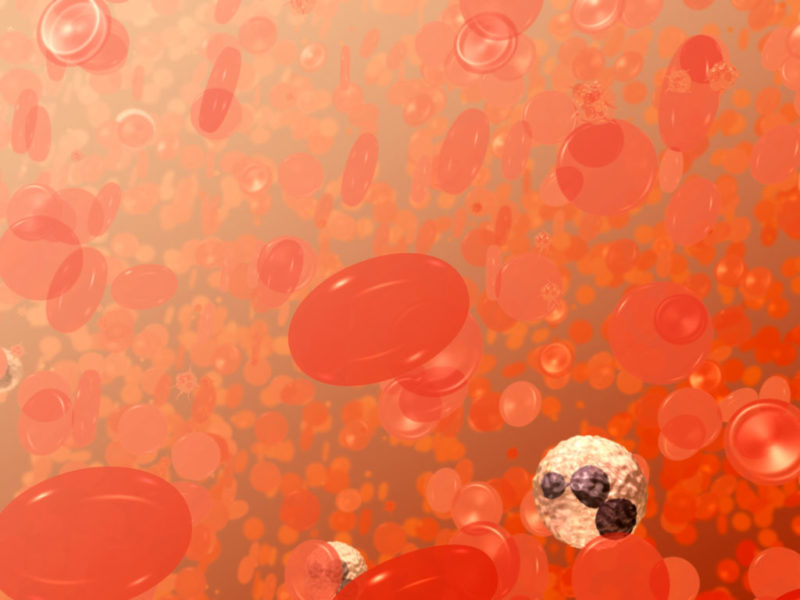Yasmin Qureshi Labour Member of Parliament for Bolton South East

Blood cancer is the UK’s fifth most common type of cancer, affecting 250,000 people. However, it is the third biggest cause of cancer death.
This disproportionate death rate is partly due to a delay in blood cancer diagnosis. Indeed, NHS figures show that 30% of people with blood cancer are diagnosed via emergency routes. A delayed diagnosis can mean the difference between life and death, but it can also cause long-term side effects and significant emotional and mental harm.
The National Cancer Patient Experience Survey (CPES) has consistently shown that around a third of people with blood cancer must see their GP three or more times prior to diagnosis, which is more than most other common cancer types.
I understand that NICE published an updated suspected cancer referral guideline in June 2015, which encourages GPs to think of cancer sooner and lowers the threshold for referral, and that the Government has repeatedly stressed that they expect all clinicians to use these guidelines to inform their clinical practice.
However, the recent report by Bloodwise, the blood cancer charity, has found that diagnoses of blood cancer have continued to be delayed and stated that GPs require more support to help spot signs of blood cancer and make appropriate and timely referrals.
I therefore echo Bloodwise’s call for the Government to develop a plan to speed-up blood cancer diagnosis, including:
- Using the latest guidance on blood cancer symptoms.
- Checking GPs are using the latest NICE cancer symptom guidance to help them better spot blood cancer symptoms, and if not, to share it widely with them.
- Following up with people whose symptoms might be blood cancer.
- Regularly referring people with symptoms for more tests if symptoms don’t improve.
Measures like these are essential if the Government wants to achieve its aim of diagnosing 75% of cancers at stage one or two by 2028, which is why I have written to the Parliamentary Under Secretary of State for Prevention, Public Health and Primary Care, Jo Churchill MP, and asked her to implement these measures.
